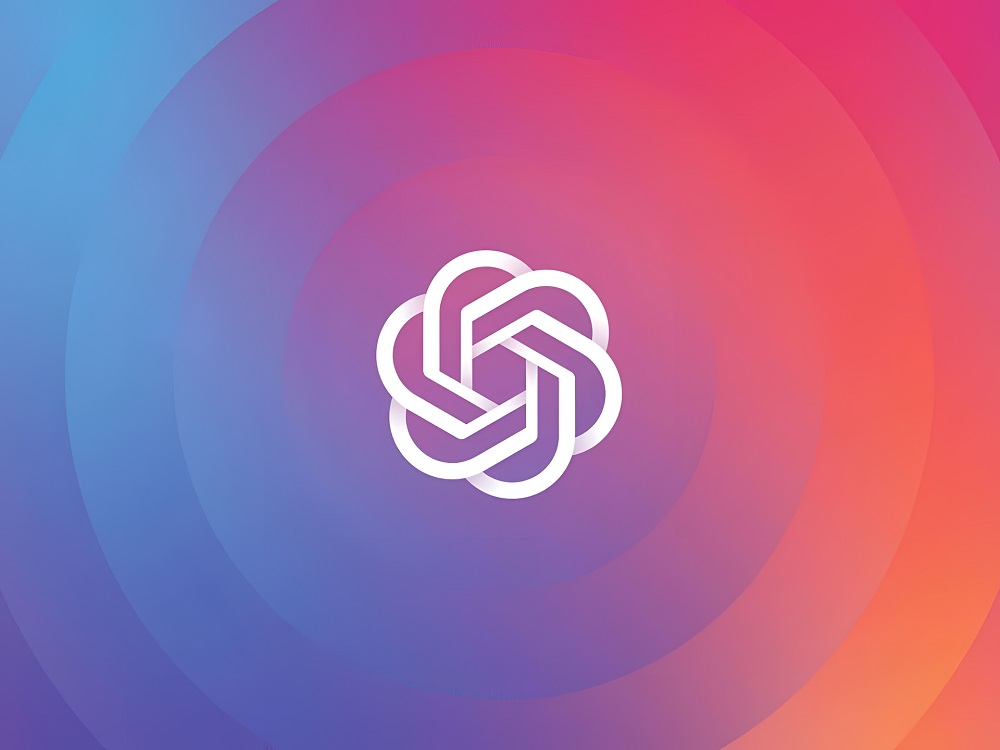Artificial intelligence is making its mark in mental health care, and ChatGPT is at the center of this conversation. People are curious: Can AI really step into the role of a therapist? Can it understand and help us navigate our deepest emotions? While ChatGPT can hold a conversation and recognize certain feelings, therapy is about much more than just words.
Recent studies have shown that ChatGPT does well in specific tasks. For instance, it scored high on the Levels of Emotional Awareness Scale (LEAS), even outperforming many humans. This means it can identify and express complex emotions (Frontiers in Psychiatry). In structured settings like cognitive-behavioral therapy (CBT), ChatGPT might assist with exercises or help users reflect on their thoughts.
But therapy isn’t just about recognizing emotions or following a script. It’s about building a genuine connection between two people. The therapeutic alliance—the trust and bond between therapist and client—is crucial. If you’re searching for a therapist, you’re looking for someone who can offer real empathy and understanding.
ChatGPT can mimic empathetic responses, but it doesn’t truly feel or comprehend emotions. People can sense this lack of authenticity, which can affect how they open up. Therapy involves subtle cues, body language, and the therapist’s intuition—all things that AI can’t replicate.
But there are significant limitations when it comes to relying on AI for deeper mental health issues. While ChatGPT might offer helpful tips for managing everyday stress or mild anxiety, it falls short when dealing with complex conditions like trauma, severe depression, or personality disorders. A study found that as mental health concerns become more complicated, AI’s ability to provide safe and personalized advice drops sharply (arXiv preprint). This highlights the irreplaceable role of trained human therapists who can navigate these nuances with care and expertise.
Privacy is another critical concern. ChatGPT isn’t designed to handle sensitive personal information securely. It’s not compliant with regulations like HIPAA, which protect patient confidentiality. Sharing personal details with an AI could put your privacy at risk. For anyone seeking help, knowing that their conversations are private and secure is essential. When you’re searching for a “therapist near me,” you expect a professional who respects and safeguards your confidentiality.
Ethical considerations also come into play. If an AI gives harmful advice, who’s responsible? Unlike human therapists, AI lacks accountability and can’t adjust its responses based on the ethical standards required in mental health care. Therapists are trained to handle difficult situations appropriately, recognizing when immediate intervention is necessary. An AI might not recognize these critical moments, potentially leading to dangerous outcomes.
Despite its limitations, AI like ChatGPT can still play a supportive role in mental health care when used appropriately. For therapists, it can handle administrative tasks that often eat up valuable time—like transcribing session notes, scheduling appointments, or managing paperwork. By automating these duties, therapists can focus more on their clients and less on logistics.
For individuals hesitant to seek therapy or those looking for immediate resources, AI can offer general information about mental health topics. It can provide coping strategies for common issues like stress management, mindfulness exercises, or tips for improving sleep hygiene. In this way, ChatGPT can act as a stepping stone, encouraging people to take the next step and find a “therapist near me” for personalized care.
Looking ahead, it’s possible that AI will become more integrated into mental health services. Advances in technology might address current shortcomings, making AI a more effective complement to traditional therapy. However, it’s important to remember that technology should enhance human interaction, not replace it. The empathy, intuition, and personal connection that human therapists provide are irreplaceable components of effective therapy.
Ultimately, while ChatGPT offers intriguing possibilities, it’s not a stand-in for a qualified therapist. Mental health is complex, and navigating it often requires the nuanced understanding that only a human can provide. If you’re facing challenges, reaching out to a professional who can offer tailored support is crucial.
So, if you’re searching for meaningful help, consider connecting with a human therapist. At least for now, human connection remains at the heart of healing. Technology can support this journey, but it can’t walk the path for us. Embracing the tools available while recognizing their limits ensures we get the help we need in the most effective way possible.

